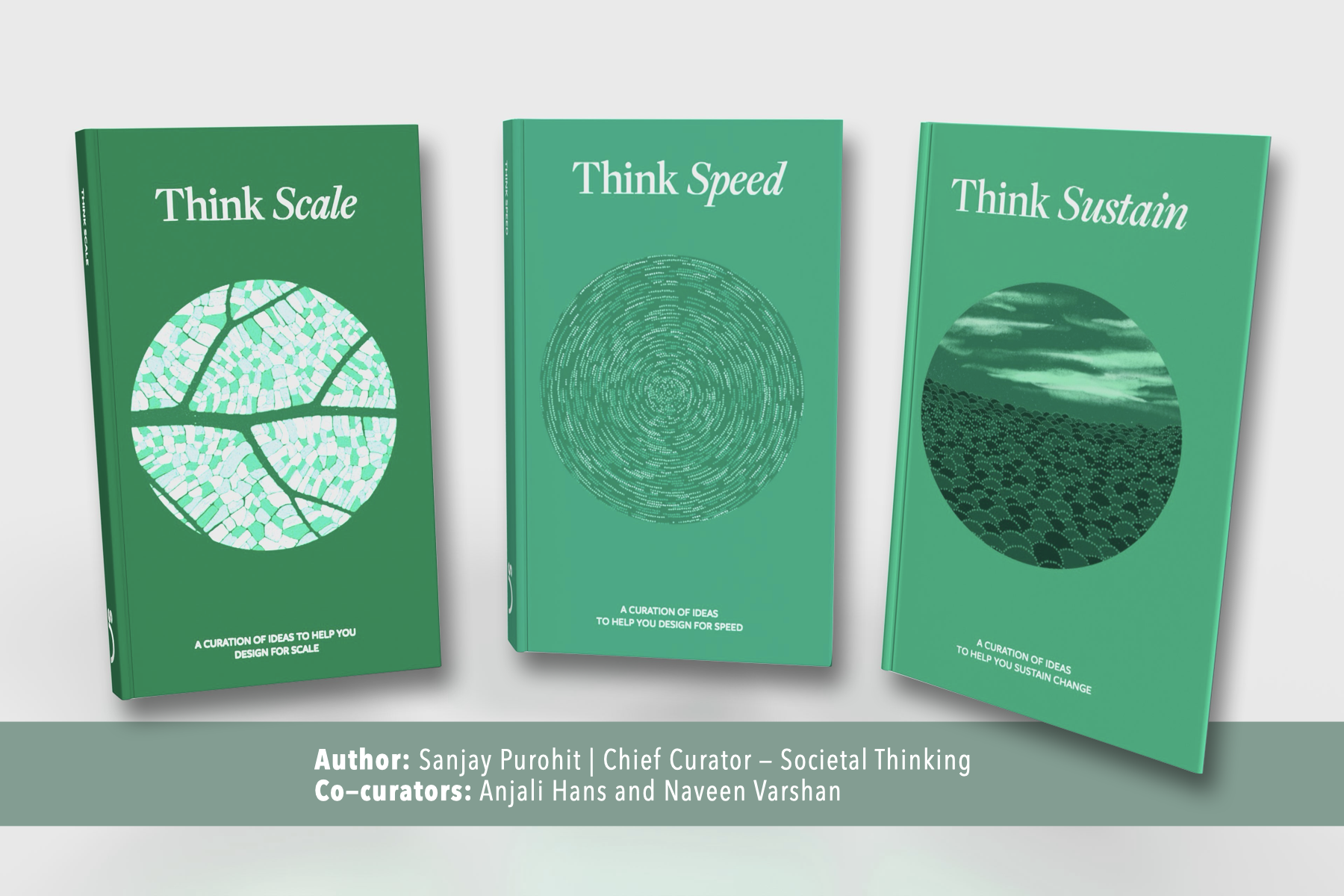How can we enable irreversible economic mobility for everyone? This is the question I spend my time answering at Societal Thinking. I care deeply about Livelihoods in the Global South and recently, had the privilege of visiting BRAC in Bangladesh to gain first-hand insight into the impactful Ultra-Poor Graduation (UPG) programme. The UPG programme, an initiative by BRAC in Bangladesh, is recognised worldwide as a pioneer of the Graduation approach and acclaimed as an innovative solution for ultra-poverty. Graduation approach is a comprehensive time-bound, integrated and sequenced set of interventions that has helped over 2.1 million ultra-poor households in Bangladesh since its inception in 2002.
In Dhaka and Jashore in Bangladesh, where the UPG programme is making a profound impact, I witnessed first-hand how rituals play a fundamental role in the metamorphosis that the programme’s participants go through. In our fast-paced world, I’ve come to appreciate the often unnoticed power of rituals in helping us pause, slow down and think of change as a practice rather than a one-time event.
The significance of rituals
Rituals go far beyond being mere customs or habits. They serve as means to reinforce values, build trust, and connect. These structured routines have played a significant role in human history, taking on diverse forms such as mythological re-enactments, rites of passage, family and social rituals and even intricate customs like the Japanese business card exchange.
Within the UPG programme, rituals are vital tools for understanding and shaping various aspects of social behaviour. Some of these rituals are:
12 minutes of learning
This structured practice designates the first 12 minutes of Programme Officers’ (POs) home or enterprise visits to active listening. Although it might seem brief, this timeframe is pivotal in building trust and shaping the perception that the PO genuinely cares and is trustworthy. The essence of this ritual lies in empathetic and attentive listening, forming the foundation for meaningful relationships between the POs and programme participants.
Savings collection
Savings collection is a unique practice in the UPG programme. It involves the systematic collection of savings from participants. While each participant hands over their savings, what sets this ritual apart is the role of a lead participant. This designated individual collects the savings and the record book for the entire group. The lead participant conducts a verification process, emphasising accountability, and ensures the continuation of the savings habit even after the group graduates and PO visits conclude. This helps build agency in the individual participants and the group and motivates them to continue the savings habit. It propels them to move towards future goals and plan for these goals inspiring hope in their lives instead of living a life of day-to-day earning and spending. This is perhaps the first time the women participants are entrusted with and carry on successful leadership roles, which they then take forward.
Circle sharing
In this practice, participants and the PO come together in a structured circle. The PO systematically guides participants to recap the key takeaways from previous visits. Each participant takes their turn to provide a summary, ensuring that even the most reserved individuals have a chance to contribute, which leads to inclusivity. This helps create a cohort that trusts each other and enables the participants to sustain the momentum forward even after the programme is completed.
The transformative power of rituals
During my visits to the homes and enterprises of women who had graduated from the programme, I witnessed their remarkable confidence in their ability to transform their lives. They spoke proudly about being invited to neighbourhood ceremonies and gatherings and attending these events with a present in hand brought them genuine joy and hope for the future. They also showed me the small gardens they had created to nourish their families and shared their aspirations for educating their children.
“Whether simple or complex, what truly matters is the dream of ritualising, of being transformed, and of offering transformation,” says Amy F. Davis Abdallah, beautifully summarising my reflections. It reminds me that rituals are more than mere customs; they are transformative agents. These structured practices act as conduits for strengthening connections among participants, improving their overall wellbeing, and effectively addressing the financial risks they encounter. Similar to the precision and symbolism of the Japanese business card exchange, the rituals within the UPG programme create an atmosphere of trust and empathy, inspiring profound change and uniting individuals in a collective journey of change.
Similarly, early this year, we visited Bihar to see JEEViKA’s Satat Jeevikoparjan Yojana (SJY) programme in action. The SJY programme was launched by the Government of Bihar in 2018 to irreversibly alleviate 100,000 households out of multi-dimensional ultra-poverty. Read more about this journey here.
 Back
Back


